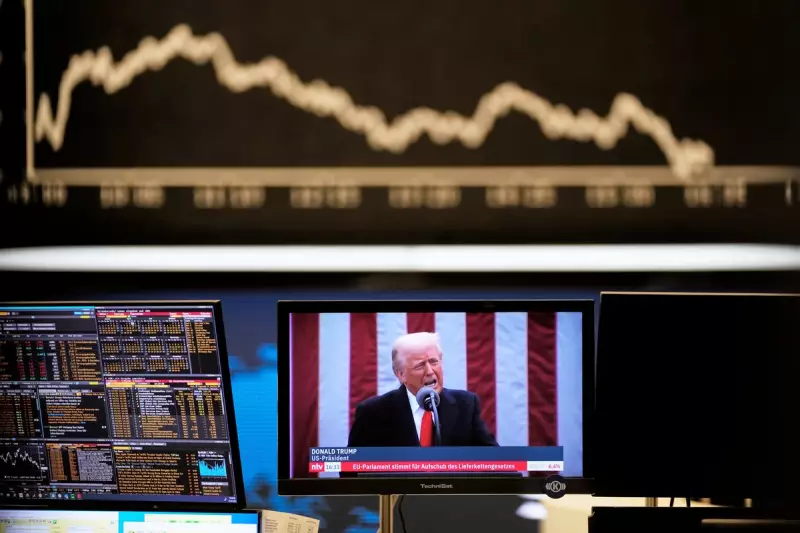
British consumers are bracing for another financial blow as sweeping new US tariffs threaten to drive up prices across a wide range of everyday products. American companies are sounding the alarm, warning that they'll have no choice but to pass these additional costs directly to shoppers.
The Domino Effect of Trade Policies
Recent analysis reveals that the latest round of US import taxes is creating a ripple effect that will likely reach UK shores. With global supply chains intricately connected, increased costs for American businesses inevitably translate to higher prices for British importers and ultimately, consumers.
Which Products Will Be Affected?
The tariff hikes cover an extensive range of goods including:
- Consumer electronics and components
- Household appliances and furniture
- Building materials and hardware
- Various manufactured goods
Industry representatives confirm that many UK companies sourcing products from the US or using American components in their manufacturing processes will face significant cost increases.
Businesses Between a Rock and a Hard Place
Company executives are expressing deep concern about their limited options. With profit margins already squeezed by inflation and supply chain challenges, most businesses acknowledge they'll need to raise prices to remain viable.
"When our costs go up by 10-25% due to tariffs, we simply can't absorb that indefinitely," explained one retail sector representative who requested anonymity. "The mathematics are unavoidable - these costs will filter down to consumers."
Broader Economic Implications
Economists warn that this development could exacerbate the ongoing cost of living crisis in the UK. With households already grappling with high energy bills and food prices, additional increases on consumer goods could further strain family budgets and potentially slow economic recovery.
The situation highlights how international trade policies can have direct consequences for British consumers, demonstrating that in our globalised economy, trade disputes rarely remain contained within national borders.





